
Cyberbullying: Identifying, Preventing, and Responding to Online Harassment
Imagine a world where you can hide behind a screen, spewing hurtful words without consequence. A world where you can target and torment others with the simple click of a button. Unfortunately, this world exists, and it is known as cyberbullying.
In this digital age, online harassment has become a pervasive issue, affecting individuals of all ages and backgrounds. It is crucial to understand the impact of cyberbullying, as well as how to identify, prevent, and respond to it.
By equipping yourself with knowledge and resources, you can play a vital role in combating this insidious problem. This article will explore the various aspects of cyberbullying, from recognizing its signs to understanding the legal implications. Additionally, it will provide guidance on offering support to victims and educating parents, teachers, and communities.
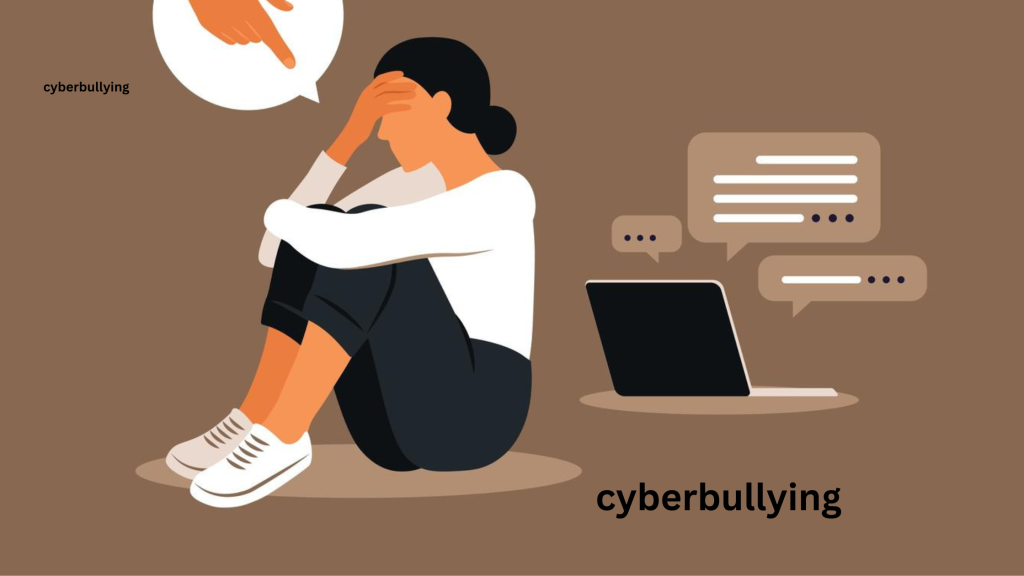
Together, we can create a safe and inclusive online environment for everyone.
Introduction
Welcome to the world of cyberbullying, where identifying, preventing, and responding to online harassment is the name of the game.
Cyberbullying refers to the act of using technology, such as social media or messaging apps, to harass, intimidate, or degrade others. It has become a significant issue in today’s digital age, as it can have severe consequences on the mental health and well-being of victims.
This article aims to provide an overview of cyberbullying prevention and response strategies, as well as highlight the importance of online safety.
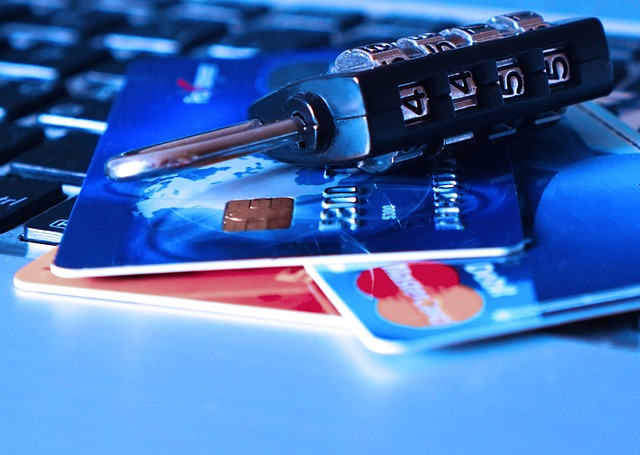
By understanding the nature of cyberbullying and equipping oneself with the necessary tools and knowledge, individuals can work towards creating a safer and more inclusive online environment for everyone.
Understanding Cyberbullying
In this discussion, you’ll explore the definition and forms of cyberbullying, as well as the common platforms where it occurs.
Cyberbullying can take many different forms, such as online harassment, spreading rumors, or sending threatening messages. It often happens on popular social media platforms, like Facebook, Instagram, or Twitter, where individuals can easily target and harm others.
Definition and Forms of Cyberbullying
Explore the various forms of cyberbullying that you may encounter on social media platforms and online forums, shedding light on the truth behind this pervasive issue.

Cyberbullying takes many forms, such as harassment, spreading rumors, impersonation, and exclusion.
In the digital age, it is crucial to have digital literacy skills to navigate these platforms safely.
Social media platforms are often breeding grounds for cyberbullying, as individuals can hide behind the anonymity of the internet.
Victims of cyberbullying often experience emotional distress and may require counseling services to cope with the effects.

Fortunately, there are anticyberbullying organizations that provide support and resources for those affected.
By understanding the different forms of cyberbullying, we can take proactive steps to prevent and respond to this harmful behavior.
Common Platforms for Cyberbullying
Social media platforms and online forums can serve as hotspots for cyberbullying, where individuals hide behind the anonymity of the internet to engage in harmful behavior.
Bystanders play a crucial role in combating cyberbullying on these platforms. They can recognize and report abusive content, provide support to victims, and discourage the behavior by not participating or sharing such content. It is important for bystanders to understand that their actions can make a significant impact on the well-being of those targeted.
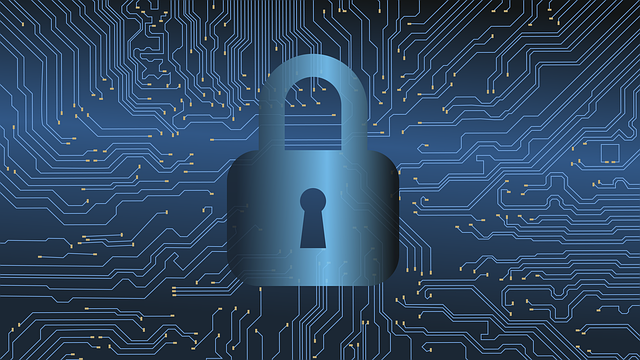
Additionally, local authorities play a vital role in responding to cyberbullying incidents. They can investigate cases, gather evidence, and hold perpetrators accountable for their actions. By collaborating with social media platforms and online forums, local authorities can create a safer online environment and ensure that cyberbullying is taken seriously.
Identifying Cyberbullying
To identify cyberbullying, it’s important to recognize the different types of cyberbullying and be aware of the signs.
Different types of cyberbullying can include:
- Harassment
- Impersonation
- Exclusion
- Spreading rumors online
Signs of cyberbullying may include:
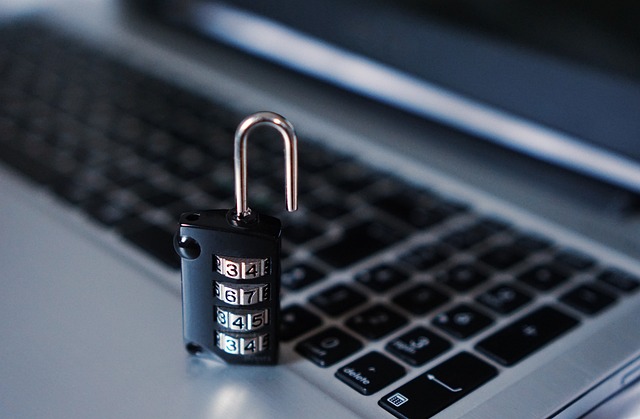
- Changes in behavior
- Withdrawal from social activities
- Decreased self-esteem
- Avoiding technology.
Recognizing Different Types of Cyberbullying
Imagine walking through a vast maze of online interactions and suddenly coming face to face with cyberbullying. It can take on various forms, each one casting a dark cloud over the digital landscape. To effectively combat cyberbullying, it is crucial to recognize these different types.
Harassment and threats involve repeated abusive messages or actions, aimed at intimidating or causing harm.
Social exclusion occurs when someone is deliberately left out of online groups or activities, resulting in feelings of isolation.
Rumors spread false information about a person, damaging their reputation and causing emotional distress.
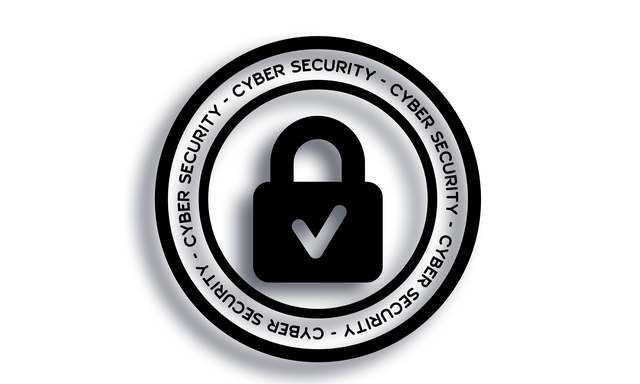
Impersonation and fake accounts are used to deceive and manipulate others, often leading to further harassment.
By understanding these various forms of cyberbullying, we can better identify and address them, creating a safer online environment for all.
Signs of Cyberbullying
Are you noticing any changes in your behavior or emotions while using the internet? It’s important to be aware of the signs of cyberbullying so you can take action and protect yourself.
One common sign is a sudden change in your mood or behavior. You may become more withdrawn, anxious, or depressed.
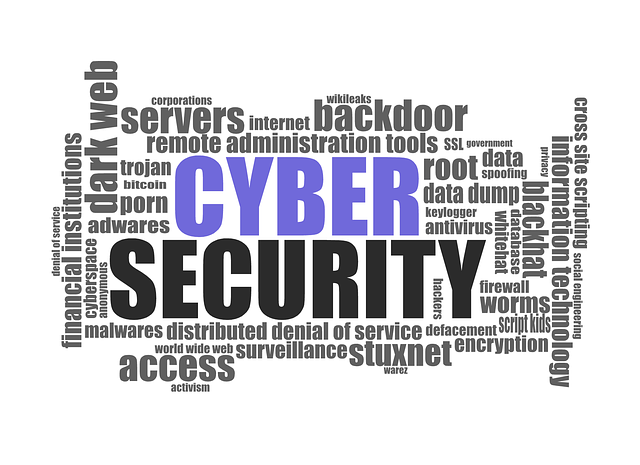
Another sign is a decline in your academic performance. If you’re being cyberbullied, it can be difficult to focus on your schoolwork.
Additionally, you might start avoiding social situations or activities that you used to enjoy. Cyberbullying can make you feel isolated and alone.
Physical symptoms can also occur, such as headaches, stomachaches, or trouble sleeping.
If you notice any of these signs, it’s important to reach out for help and support. Remember, you’re not alone in this battle.
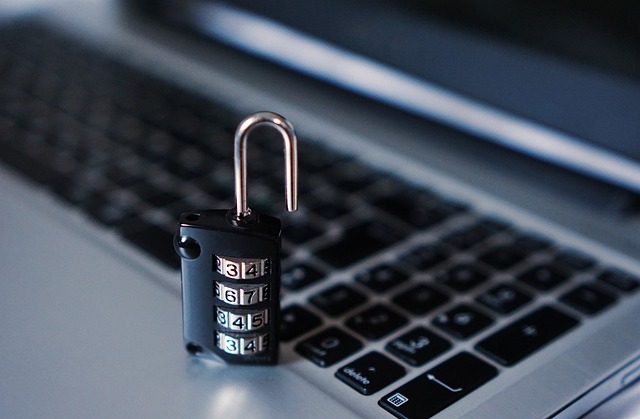
The Impact of Cyberbullying
Cyberbullying can have serious emotional and psychological consequences for the victim. It can lead to feelings of depression, anxiety, and low self-esteem.
Additionally, cyberbullying can also have negative effects on academic and professional success, as it can distract and disrupt the victim’s ability to focus on their studies or work.
Lastly, cyberbullying can even impact the victim’s physical health and well-being, as it can lead to increased stress, sleep disturbances, and other physical ailments.
Emotional and Psychological Consequences
Feeling constantly targeted and humiliated online can have detrimental effects on your mental health and self-esteem. Studies show that cyberbullying victims are 2.5 times more likely to experience symptoms of depression and anxiety compared to non-victims.

The emotional and psychological consequences of cyberbullying can be severe and long-lasting. Victims often feel isolated, helpless, and hopeless, leading to a decline in their overall well-being. They may also develop low self-esteem and a negative self-image, questioning their worth and value.
These negative emotions can manifest in various ways, such as difficulty concentrating, changes in sleeping and eating patterns, and even thoughts of self-harm or suicide. It is crucial to recognize and address the emotional and psychological consequences of cyberbullying to provide support and help victims heal from these traumatic experiences.
Academic and Professional Effects
The impact of cyberbullying on your academic and professional success can be significant. Online harassment can cause a range of negative effects that can hinder your ability to perform well in school or at work.
Constant harassment and humiliation can lead to increased stress and anxiety, making it difficult to concentrate on your studies or perform effectively in the workplace.

Cyberbullying can also affect your self-esteem and self-confidence, which can further impact your academic and professional performance.
Additionally, the fear and embarrassment associated with cyberbullying may cause you to withdraw from social interactions, leading to a lack of networking opportunities and professional growth.
It is important to address cyberbullying promptly and seek support from trusted individuals or resources to minimize its impact on your academic and professional life.
Physical Health and Well-being
Constant online harassment can have a significant impact on your physical health and overall well-being. It can leave you feeling drained and emotionally exhausted, as the stress and anxiety caused by cyberbullying can take a toll on your body. This can manifest physically, resulting in headaches, stomachaches, and sleep disturbances. Additionally, the constant negativity and attacks can affect your self-esteem and confidence, potentially leading to feelings of depression and isolation.

The effects of cyberbullying can also extend to your daily life and responsibilities. It may become challenging to concentrate on daily tasks, and your performance at work or school may suffer as a result. In extreme cases, cyberbullying can even lead to physical harm. Some victims may resort to self-harm or develop eating disorders as a way to cope with the emotional pain they experience.
Prioritizing your well-being is crucial in such situations. It is essential to seek support from trusted friends, family, or professionals who can help you navigate through these difficult times. Remember that you are not alone, and there are resources available to assist you in overcoming the effects of cyberbullying.
Preventing Cyberbullying
In order to prevent cyberbullying, it’s important for you to promote digital literacy and responsible online behavior. This means educating yourself and others about the potential dangers of the internet and how to navigate it safely.
Additionally, establishing a positive online culture is crucial. It encourages respectful and inclusive communication. By fostering an environment where people feel safe and supported, cyberbullying is less likely to occur.

Lastly, setting privacy and security measures can help protect you from cyberbullying. By ensuring that your personal information is not easily accessible to others, you can reduce the risk of being targeted online.
Promoting Digital Literacy and Responsible Online Behavior
To improve your online experience, it is important to embrace digital literacy and practice responsible behavior. By promoting digital literacy, individuals can learn to identify and avoid engaging in harmful online behaviors. This involves educating individuals about the importance of using technology responsibly, understanding the consequences of their actions online, and developing critical thinking skills to evaluate online content.
Promoting digital literacy is crucial in preventing cyberbullying. By educating individuals about the impact of their online actions, they can learn to treat others with kindness, respect, and empathy. Encouraging individuals to think before they post, share only verified information, and engage in constructive discussions fosters a healthier online environment.
Ultimately, promoting digital literacy and responsible online behavior can create a safer and more inclusive online space for everyone.

Establishing a Positive Online Culture
Embrace the power of empathy and create a supportive online culture by actively engaging in respectful and inclusive discussions.
Establishing a positive online culture is crucial in combating cyberbullying and promoting a safe digital environment for all.
To achieve this, it is essential to encourage individuals to treat others with kindness and respect online.
This can be done by fostering a sense of community, where everyone feels valued and included.

Engaging in open and constructive dialogue helps build empathy and understanding among users.
Additionally, promoting positive online behavior through education and awareness campaigns can help individuals recognize the impact of their words and actions.
By establishing a positive online culture, we can create an environment where cyberbullying is less likely to occur, and individuals feel supported and empowered to stand up against harassment.
Setting Privacy and Security Measures
One important step in creating a safe digital environment is to ensure that privacy and security measures are in place. By adjusting your social media settings and utilizing blocking/reporting features, you can protect yourself from cyberbullying and online harassment.

Start by reviewing your privacy settings on each platform and make sure that only trusted individuals have access to your personal information. Additionally, consider enabling two-factor authentication to add an extra layer of security to your accounts.
Familiarize yourself with the blocking and reporting features on social media platforms, so that you can swiftly take action against any abusive or harassing behavior.
Remember, it’s important to regularly review and update your privacy and security settings to stay protected in the ever-evolving digital landscape.
Responding to Cyberbullying
In responding to cyberbullying, it’s important to support the victim by providing them with emotional and practical assistance. This can include offering a listening ear and encouraging them to seek help from trusted adults. It’s also helpful to assist them in documenting and collecting evidence of the cyberbullying incidents.

Reporting cyberbullying incidents to the appropriate authorities, such as school administrators or social media platforms, is crucial in putting a stop to the harassment and ensuring the safety of the victim.
Additionally, encouraging peer support and intervention can empower bystanders to speak up against cyberbullying and create a positive online environment for everyone.
Supporting the Victim
Stand by the victim of cyberbullying, offering them your unwavering support and reminding them that they are not alone in this fight.
Let them know that you believe them and take their experiences seriously.

Encourage them to document evidence of the cyberbullying incidents, such as screenshots or saved messages, as this can be crucial in reporting and addressing the issue.
Help them navigate the process of reporting the cyberbullying to the appropriate authorities or platforms.
Encourage them to seek help from trusted adults, such as parents, teachers, or school counselors, who can provide additional support and guidance.
Encourage open communication with the victim, creating a safe space for them to share their feelings and experiences without judgment.

Remind them that they have the right to be treated with respect and dignity, and that they deserve to feel safe and secure both online and offline.
Reporting Cyberbullying Incidents
Take action by reporting instances of cyberbullying to the appropriate authorities or platforms, ensuring that these incidents are addressed and the victims are protected.
Reporting cyberbullying incidents is crucial in putting an end to the harassment and holding the perpetrators accountable for their actions. Start by documenting the evidence of the cyberbullying, including screenshots, messages, and any other relevant information.
Then, report the incident to the platform or social media site where it occurred. Most platforms have reporting features specifically designed for handling cyberbullying cases.
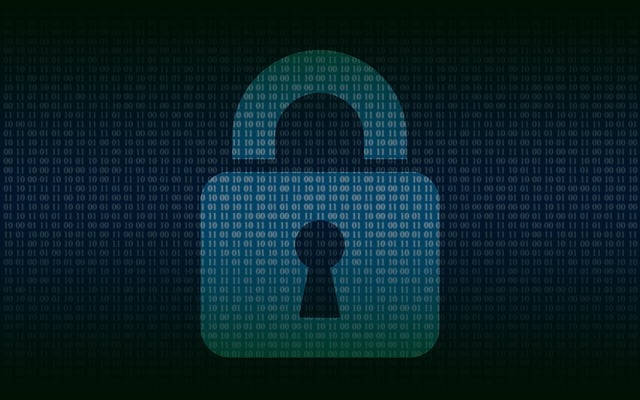
Additionally, consider contacting local law enforcement if the cyberbullying involves threats, hate speech, or explicit content. They can provide further assistance and investigate the matter if necessary.
Remember, reporting cyberbullying not only helps protect the victims but also contributes to creating a safer online environment for everyone.
Encouraging Peer Support and Intervention
Empower others to be a shield of support, standing united against the darkness of cyberbullying.
Encouraging peer support and intervention is crucial in combating online harassment.

By fostering a culture of empathy and understanding, we can create an environment where bystanders are motivated to speak out against cyberbullying.
Encourage individuals to trust their instincts and act when they witness online harassment.
Teach them to offer support to the victim, whether it’s through kind words or reporting the incident.
Emphasize the importance of not staying silent and demonstrate that even small acts of support can make a significant impact.
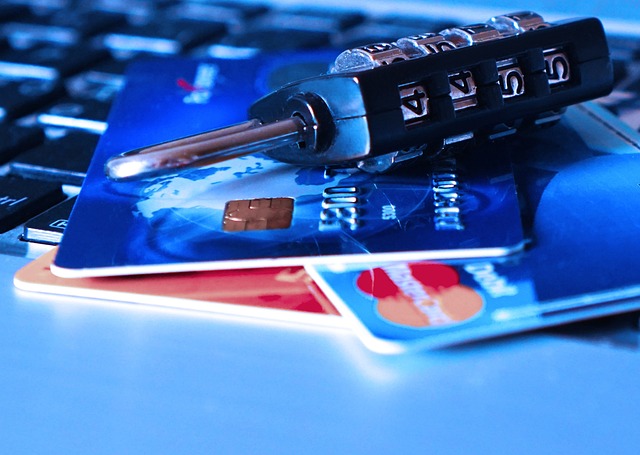
Encouraging peer intervention sends a powerful message to both the bully and the victim that this behavior is not tolerated.
Together, we can create a safe and supportive online community.
Cyberbullying Laws and Legal Considerations
In this section, you’ll learn about cyberbullying laws and legal considerations.
Cyberbullying laws are in place to protect individuals from online harassment. It’s important to be aware of these laws and understand how they can help in dealing with cyberbullying incidents.

Reporting cyberbullying incidents to the authorities is crucial to ensure proper action is taken. By reporting, you play a part in holding the cyberbully accountable for their actions and protecting yourself or others from further harm.
Schools and employers also have a role to play in addressing cyberbullying. They should have policies and procedures in place to deal with cyberbullying incidents that occur within their community. Creating a safe online environment is essential for the well-being of students and employees.
Remember, cyberbullying is a serious issue and should not be taken lightly. Understanding the laws and legal considerations surrounding cyberbullying is necessary to effectively address and prevent it.
Overview of Cyberbullying Laws
Overview of Cyberbullying Laws:

Get familiar with cyberbullying laws and understand how they can protect you from online harassment.
Cyberbullying laws vary from country to country, but they generally aim to provide legal protection for individuals who are targeted by online harassment.
These laws typically define cyberbullying, establish consequences for perpetrators, and outline the responsibilities of schools and parents in addressing cyberbullying incidents.
For example, some laws may classify cyberbullying as a criminal offense and impose penalties such as fines or imprisonment for offenders.
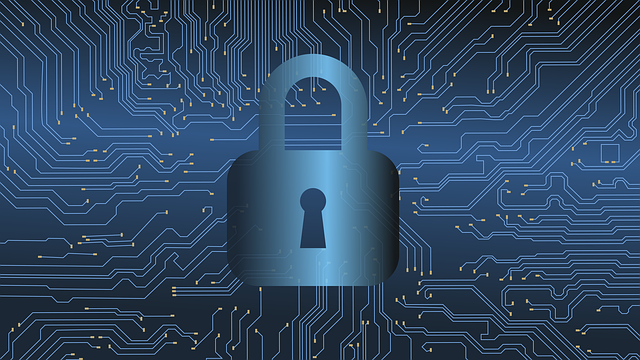
It is important to be aware of the specific laws in your jurisdiction to know your rights and seek help if you become a victim of cyberbullying.
By knowing the laws, you can take appropriate action and ensure that online harassment is dealt with effectively and legally.
Reporting Cyberbullying to Authorities
Take a stand against cyberbullying by promptly reporting incidents to the relevant authorities. Doing so is like sounding the alarm to protect yourself and others from the harmful effects of online cruelty.
When you come across cyberbullying, it is essential to gather evidence to support your report. Take screenshots or save messages that demonstrate the harassment.
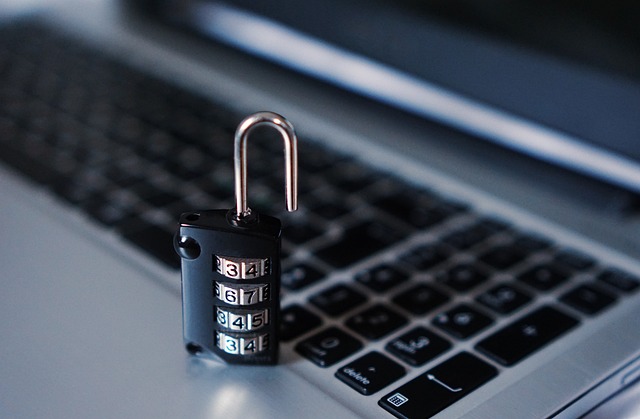
Contact your local law enforcement agency or the school administration, depending on the situation and the age of the individuals involved. Provide them with all the relevant information, including the identities of those involved and the nature of the harassment.
Reporting cyberbullying not only helps hold the perpetrators accountable but also provides support and resources to the victims. By taking action and reporting cyberbullying, you contribute to creating a safer and more respectful online environment for everyone.
The Role of Schools and Employers in Addressing Cyberbullying
Now that you know how to report cyberbullying to authorities, let’s talk about the role of schools and employers in addressing this issue.
Schools and employers play a crucial role in creating a safe online environment for students and employees. They have a responsibility to educate and train individuals on the importance of respectful online behavior and the consequences of cyberbullying.
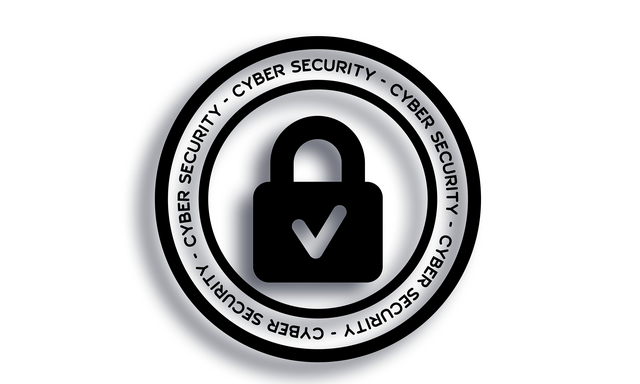
Schools can implement comprehensive anti-cyberbullying policies that outline clear expectations and consequences for those who engage in such behavior. They can also provide counseling and support services for victims and take disciplinary actions against perpetrators.
Similarly, employers can establish guidelines and training programs to prevent cyberbullying in the workplace.
By actively addressing cyberbullying, schools and employers can create a culture of respect and ensure the well-being of their students and employees in the digital world.
Providing Resources and Support
If you or someone you know is experiencing cyberbullying, there are resources and support available to help.
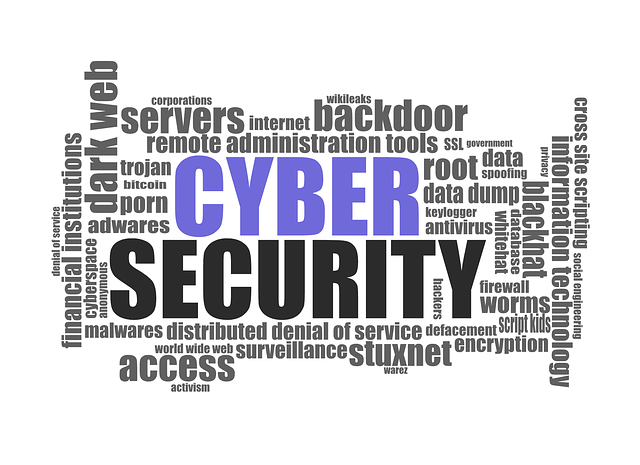
Counseling and mental health services can provide guidance and support to help cope with the emotional impact of cyberbullying.
Online safety and anti-cyberbullying organizations offer educational materials and resources to prevent and address cyberbullying.
Helplines and support groups provide a safe space to share experiences and receive guidance from others who have gone through similar situations.
Don’t hesitate to reach out and seek the help you need.
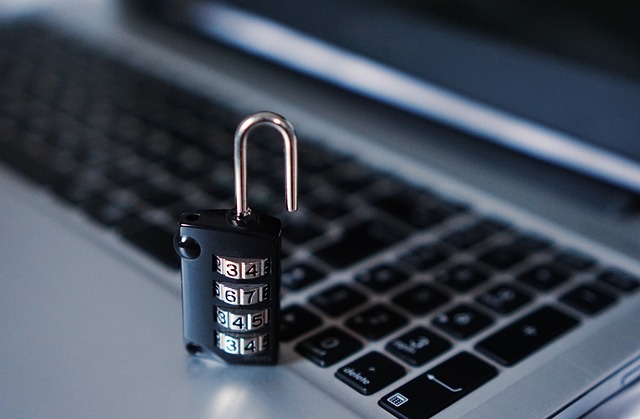
Counseling and Mental Health Services
Counseling and mental health services play a crucial role in addressing the impact of cyberbullying on individuals.
If you are a victim of cyberbullying, seeking counseling can provide you with a safe space to express your emotions and experiences. A qualified counselor can help you process the trauma and develop coping mechanisms to deal with the effects of online harassment. They can also offer guidance on how to rebuild your self-esteem and confidence.
Moreover, counseling can assist in identifying any underlying mental health issues that may have been exacerbated by cyberbullying. By addressing these issues, you can work towards healing and regaining control over your well-being.
Remember, reaching out for support is a sign of strength, and mental health professionals are here to help you through this difficult time.
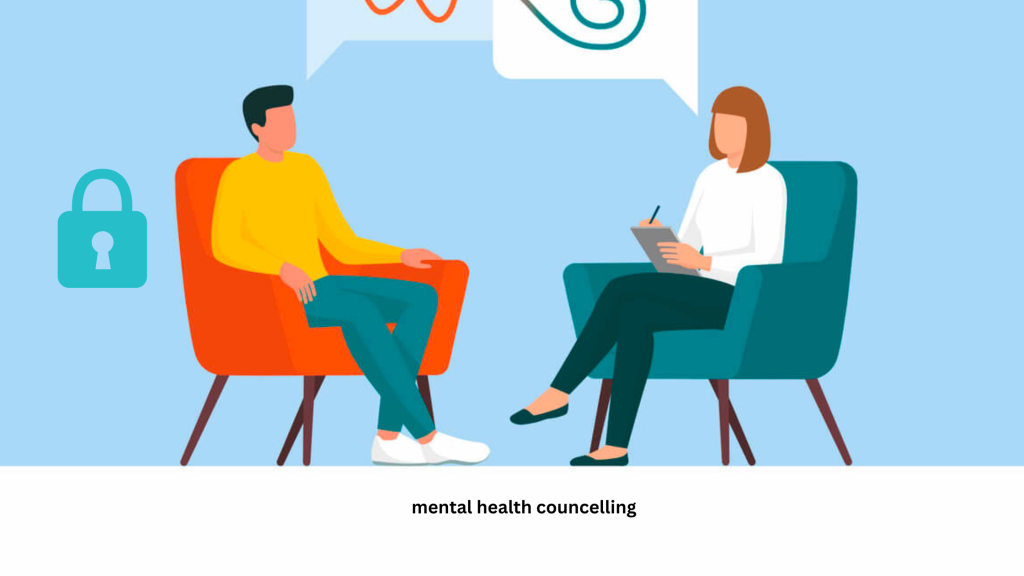
Online Safety and Anti-Cyberbullying Organizations
Online safety organizations, like a shield of protection, work tirelessly to create a safer digital landscape free from the harmful effects of cyberbullying.
These organizations play a crucial role in combating online harassment by providing resources and support for individuals who have experienced cyberbullying.
They educate the public about online safety measures, such as privacy settings and reporting mechanisms, to help prevent and address instances of cyberbullying.
Additionally, these organizations work with schools, parents, and communities to raise awareness about the importance of cyberbullying prevention and intervention.

They offer training programs and workshops to equip individuals with the necessary tools to identify, prevent, and respond to online harassment.
By collaborating with law enforcement agencies and social media platforms, these organizations ensure that cyberbullies are held accountable for their actions, creating a safer online environment for all.
Helplines and Support Groups
When you’re feeling overwhelmed and need someone to talk to, helplines and support groups can provide the understanding and empathy you need to navigate through difficult situations.
Helplines are phone services where trained professionals are available 24/7 to listen and offer advice. They can provide guidance on how to handle cyberbullying, offer emotional support, and connect you with resources in your area.

Support groups, on the other hand, bring together individuals who have experienced similar challenges and provide a safe space to share experiences, strategies, and coping mechanisms. These groups can offer a sense of community and validation, as well as practical advice on how to deal with cyberbullying.
Whether you prefer talking to someone one-on-one or participating in a group setting, helplines and support groups can be invaluable resources in your journey to overcome online harassment.
Educating Parents, Teachers and Communities
When it comes to addressing cyberbullying, it’s important to educate parents, teachers, and communities.
Parental involvement and communication are crucial in understanding and preventing online harassment.

Teacher training and school programs help educators to recognize and address cyberbullying effectively.
Additionally, community awareness campaigns raise awareness about the issue and promote a safe and supportive online environment for everyone.
Parental Involvement and Communication
Parental involvement and communication plays a crucial role in addressing cyberbullying. Statistics show that children who feel comfortable talking to their parents about online harassment are more likely to seek help and find solutions.
As a parent, it’s important to establish open lines of communication with your child. This creates a safe space for them to share their experiences and concerns. Regularly check in with your child about their online activities. Ask specific questions about their interactions and any signs of bullying.

It’s also vital to educate yourself about the different social media platforms and apps that your child uses. This way, you can better understand their online world. By staying informed and involved, you can support your child in navigating the complexities of cyberspace and help them address any instances of cyberbullying they may encounter.
Teacher Training and School Programs
Teacher training and school programs are essential in equipping educators with the knowledge and tools to create a safe and inclusive environment for students.
By providing teachers with comprehensive training on cyberbullying prevention and intervention strategies, schools can empower them to effectively identify and address online harassment.
These programs should cover topics such as recognizing the signs of cyberbullying, understanding the psychological impact on victims, and promoting positive online behavior.

Additionally, teachers should be trained on how to respond to cyberbullying incidents, including effective communication with students, parents, and school administrators.
School programs can also support teachers by implementing policies and procedures that prioritize the safety and well-being of students online.
With adequate training and support, teachers can play a crucial role in preventing cyberbullying and fostering a positive school climate.
Community Awareness Campaigns
Now that you understand the importance of teacher training and school programs, let’s delve into the impact of community awareness campaigns in combating cyberbullying.

These campaigns play a crucial role in educating both parents and students about the dangers of online harassment. By raising awareness and promoting understanding, community campaigns help create a supportive environment that discourages cyberbullying. They empower individuals to take action and protect themselves and others from online abuse.
Through engaging workshops, informative seminars, and interactive discussions, these campaigns equip community members with the knowledge and skills needed to identify, prevent, and respond to cyberbullying incidents effectively. Moreover, they encourage open communication and foster a sense of responsibility among community members, promoting a united front against cyberbullying.
Together, we can make a difference in creating a safer online space for everyone.
Conclusion
In conclusion, it’s crucial for all of us to come together and tackle the issue of cyberbullying head-on. The impact it can have on individuals is devastating. Cyberbullying affects people of all ages, so it’s important to create a safe and inclusive online environment. Community awareness campaigns play a vital role in educating people about cyberbullying and its consequences. By increasing awareness, we can encourage individuals to be more vigilant and proactive in identifying and preventing cyberbullying. These campaigns also provide resources and support for those who have experienced online harassment. It’s essential to prioritize the well-being of individuals and take collective action to combat cyberbullying. Together, we can make a difference and create a kinder, more compassionate online community.

So, you’ve reached the end of this article on cyberbullying. Hopefully, you now have a better understanding of the issue and how to address it.
Did you know that according to a recent study, 59% of teenagers have experienced cyberbullying? This alarming statistic highlights the urgent need for action.
Remember, prevention is key, and it starts with educating ourselves, our children, and our communities.
By working together, we can create a safer online environment for everyone.

Stay informed, stay vigilant, and let’s put an end to cyberbullying.
You might also like to read on these cybersecurity articles on Get Hitch
Understanding Social Engineering: How to Recognize and Defend Against Manipulative Tactics
Cybersecurity for Parents: Keeping Your Children Safe on the Internet








